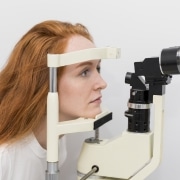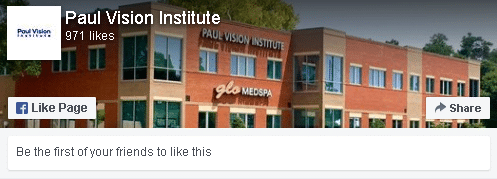Can Glaucoma Be Reversed?
Affecting nearly 3 million people in the U.S., glaucoma is one of the most serious eye diseases and is a leading cause of blindness. Since there is no pain associated with the onset of glaucoma, many people do not realize they have it until it is in its later stages. Caused by increased pressure within the eye that damages the optic nerve, many who have glaucoma wonder if it is a condition that can be reversed. In many cases, the answer is both yes and no.
Can Glaucoma be Reversed?
For this question, the answer is no. Once a person is diagnosed with glaucoma, there is currently no cure for the condition so that it can be reversed, and no way to undo the damage already done in terms of vision loss. However, that does not mean a patient should lose hope.
Reversing the Underlying Cause
While it may not be possible to reverse glaucoma itself, it is however quite possible to reverse the underlying cause that leads to the condition, namely the increased eye pressure. To do so, an ophthalmologist can examine a patient’s eyes, measure the pressure being placed on the optic nerve, and then prescribe eye drops that help fluid drain from the eyes, thus reducing the pressure. For some patients, oral medications such as carbonic anhydrase inhibitors may be used in conjunction with eye drops. In extremely severe cases, laser surgery can be used to open clogged channels within the eyes to allow for proper fluid drainage, or an eye surgeon can insert small drainage tubes to help lower eye pressure.
Since detecting glaucoma in its early stages is the key to avoiding serious problems later on, schedule an exam as soon as possible with your eye doctor, especially if you are experiencing vision loss or other issues.




